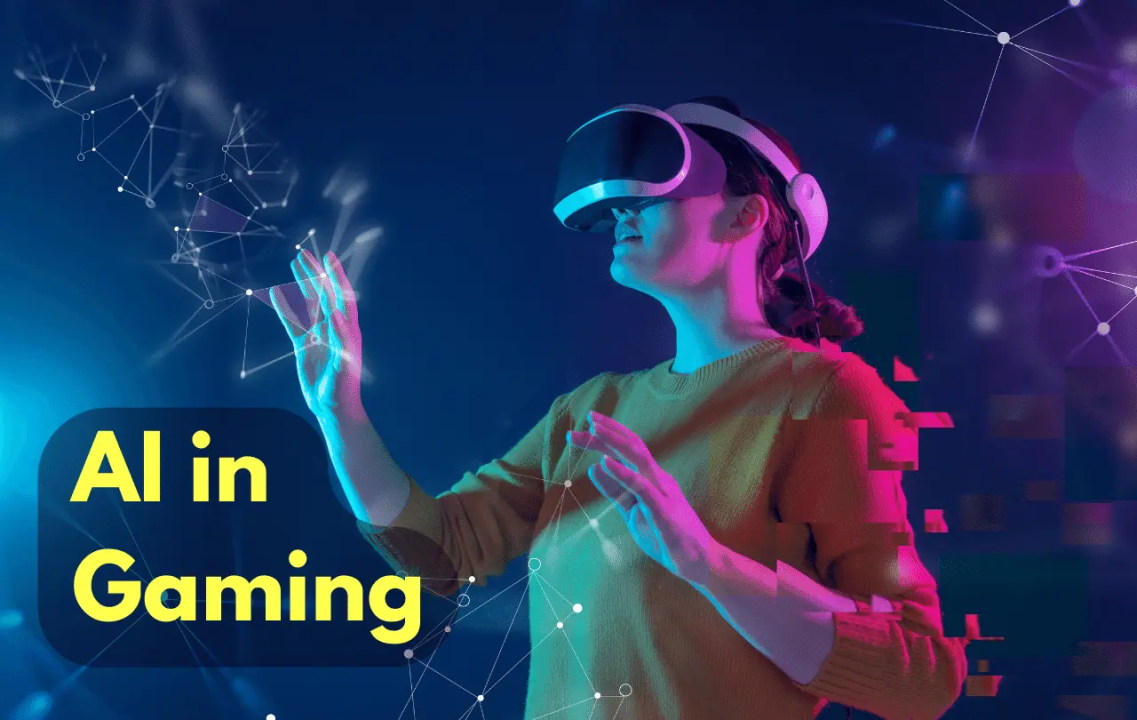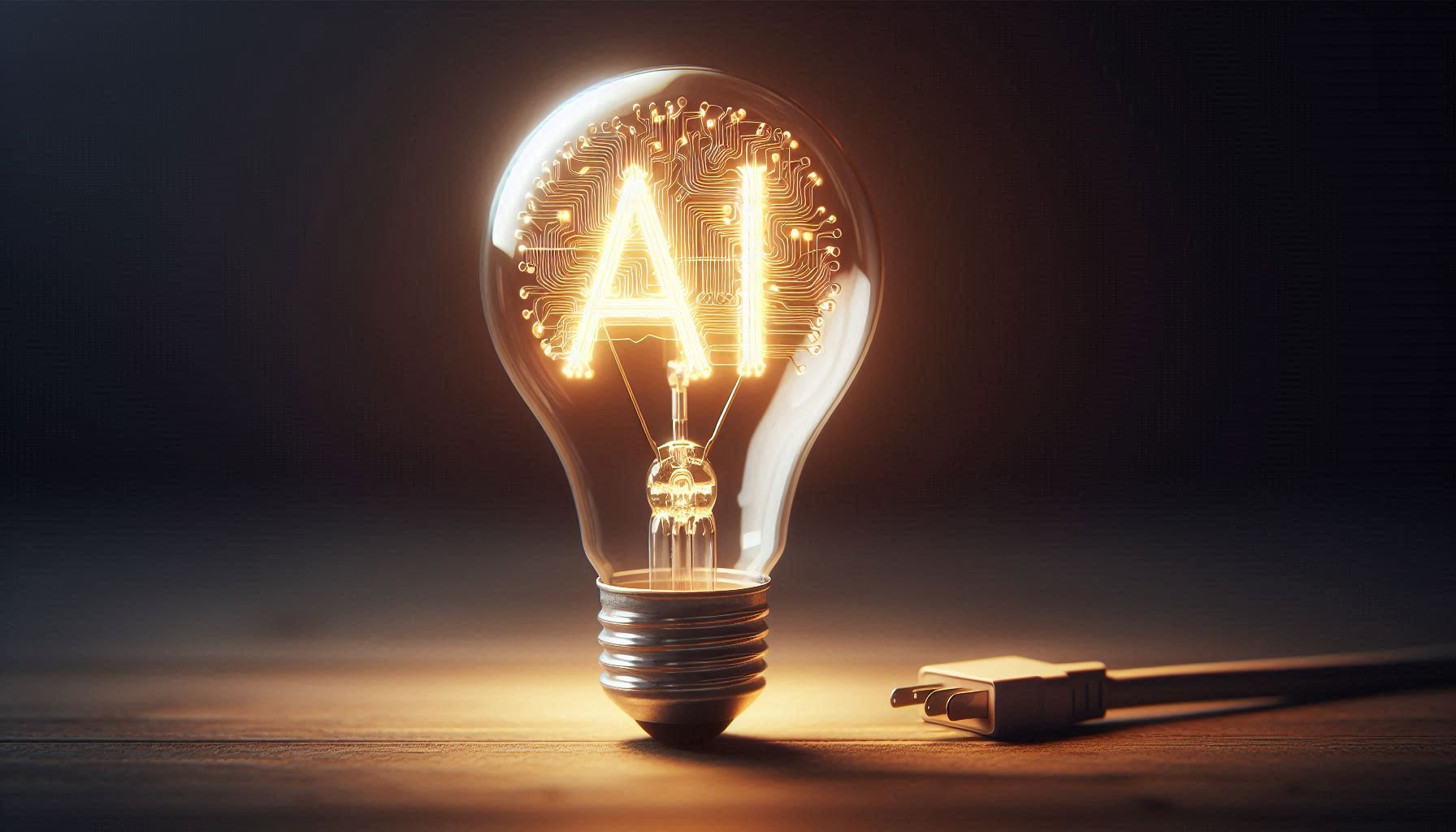The game industry finds itself at perhaps its most technological revolution as ever, and sitting right at the center of it all is artificial intelligence. Just how AI has been reshaping things to manipulate the process of developing games, to enhance the way a player plays them, and to give game players the experience of having an immersive game much closer and more personal than previously is being entirely rewritten. In expanding AI, gamut possibilities are presented to the development of games: dynamic worlds and new ways of character behavior expression. Here, are some ways in which AI will shape video games’ future, which is more engaging, more personalized, and more innovative than anything else.
1. Procedural Content Generation: Building Infinite Worlds
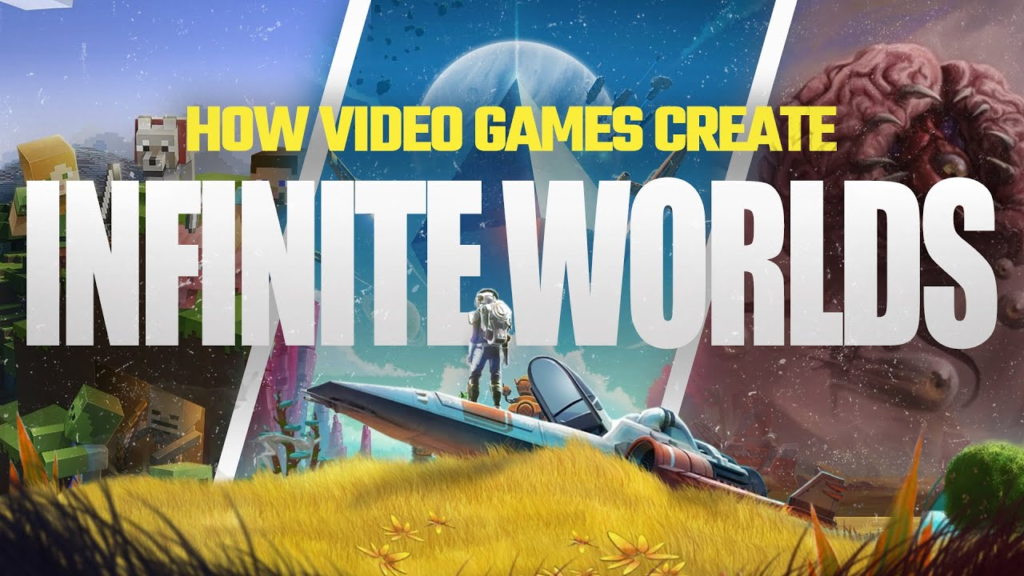
Procedural content generation is perhaps the most significant change AI has introduced into game development: the use of algorithms to automatically generate vast amounts of content in a game, from environments and characters to levels and entire worlds. Indeed, AI is so powerful in producing such a volume of content that would be too time-consuming for a human designer to work through by hand it’s an opportunity for developers to plan games with really massive open worlds and limitless possibilities.
PCG frees game designers to focus on creative ideas and game design artistry instead of grunt work, relegating the dull and time-consuming minutiae of game design to AI this way, it also ensures both efficiency and scalability.
2. Smarter NPCs: More Realistic and Adaptive Characters
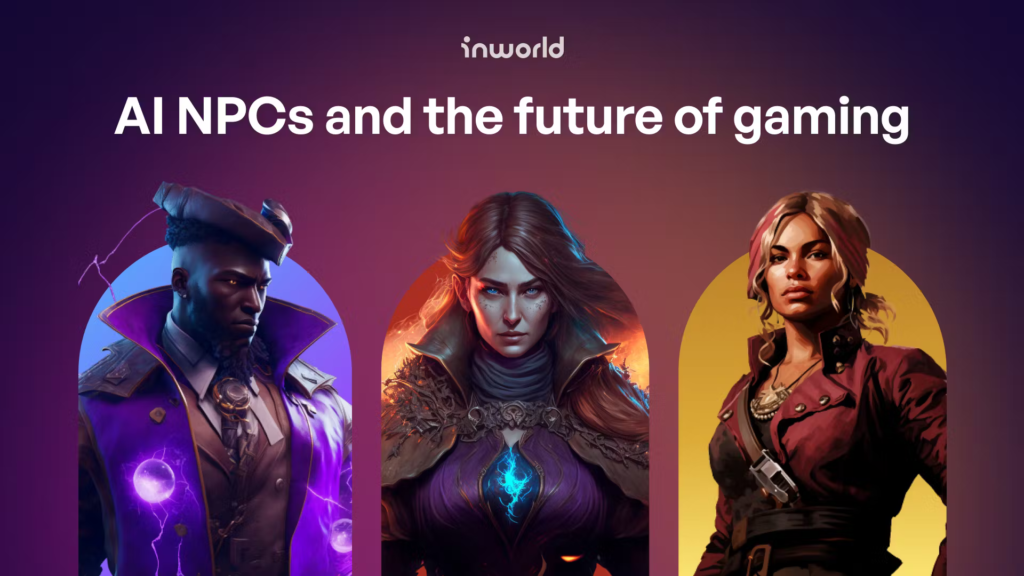
So far, NPCs have been created through scripted behavior and thus are extremely predictable and unnatural. AI helped to make the NPCs not only smarter but also adaptive and life-like. As opposed to older NPCs that only analytically analyzed player actions, newer NPCs can dynamically respond and above all, do it over time by improving machine learning and NLP.
Games like the ones on Red Dead Redemption 2 are examples, every NPC has unique personalities, emotions, and daily schedules and can even change with every action that is performed by the player. They remember what happened at previous encounters, start to converse with each other, and even make decisions that go contrary to a choice made by a player in response to the responsive and living game world.
Meanwhile, AI is also used in the creation of tough enemies. As the NPCs learn from players’ actions in real-time and evolve their tactics correspondingly, this leads to the fact that players will have to face smarter opponents and increase the factor of uncertainty in a game with unpredictable outcomes.
3. AI-Based Game Testing and Quality Assurance
Game development is a complex, time-consuming affair that comprises rigorous tests to ensure the output runs smoothly in the final product. The traditional approach of game testing was strictly human testing personnel playing through all possible scenarios and spotting bugs or performance issues. However, the scene is changing drastically these days with AI, and automated game testing.
For example, AI-based bots could simulate tens of thousands of hours of gameplay in a matter of time that it would take human testers to catch bugs, glitches, and problems with balancing. Such AI systems test the most varied facets of a game- from mechanics to collision detection and level difficulty and astronomical speed and accuracy.
Automating QA will reduce the time and cost spent in testing games, but most importantly, it allows the games to hit the market with fewer bugs and performance issues. Therefore, smoother experiences for the gamers since more resources can be put into their general gameplay crafting.
4. Personalized Player Experiences
Another aspect in which AI changes game production is by making a game personal to each player. How? The algorithms of machine learning enable the analysis of player data and adjustment of the game based on preferences, skills, or type of gameplay of one particular individual, which subsequently produces more personal experience.
The most innovative aspect is probably the ability of AI to personalize in-game content such as storylines, character development, and side quests depending on choices and interactions. It gives way to a tale that feels unique to the choice or interaction of the player. With replayability and emotional value-added, such AI in game design enhances creativity.
5. AI in Game Design: Enhancing Creativity
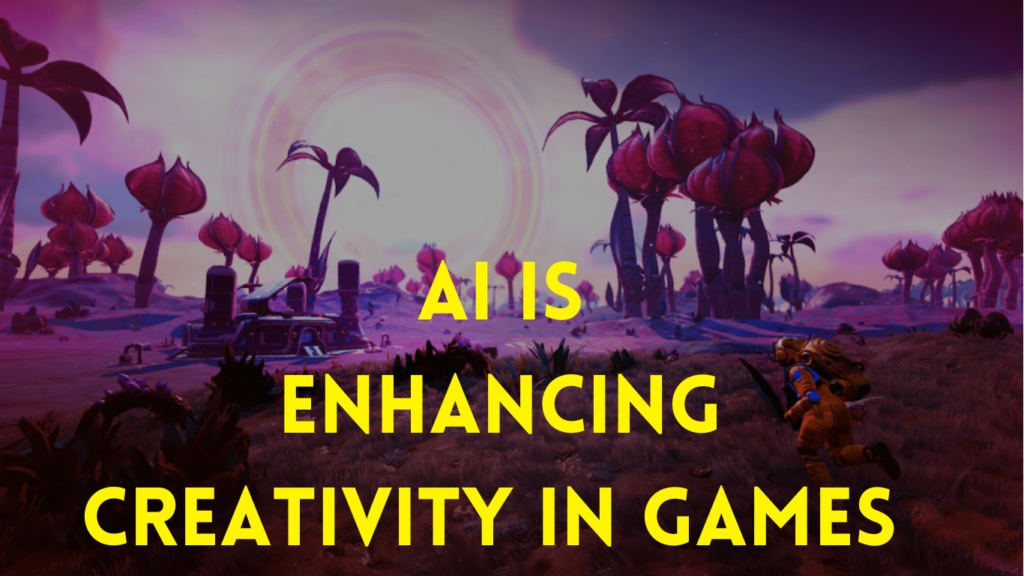
AI is not just helpful in enriching gameplay but it helps the developers behind the scenes: It can be used for automating work that would have otherwise been tedious and time-consuming, such as generating landscapes, animating characters, or populating vast shared game environments with objects and NPCs.
Actually, with these tools, developers can be much more creative and innovative while letting the details stay within AI. For instance, AI makes realistic facial animations, and complex physics simulations, and even optimizes gameplay according to what the player provides as feedback. The process of developing accelerates while yielding a better product which is very enjoyable.
The Future of AI in Game Development
It’s only a matter of time before AI supersedes game development making much more impact than is seen today. Smarter NPCs and highly personalized gameplay experiences, even the most immersed game worlds will also be just around the corner. It will assist in streamlining the process and hence have games that previously only belonged to gigantic companies and their long processes spring to life in much less time.

